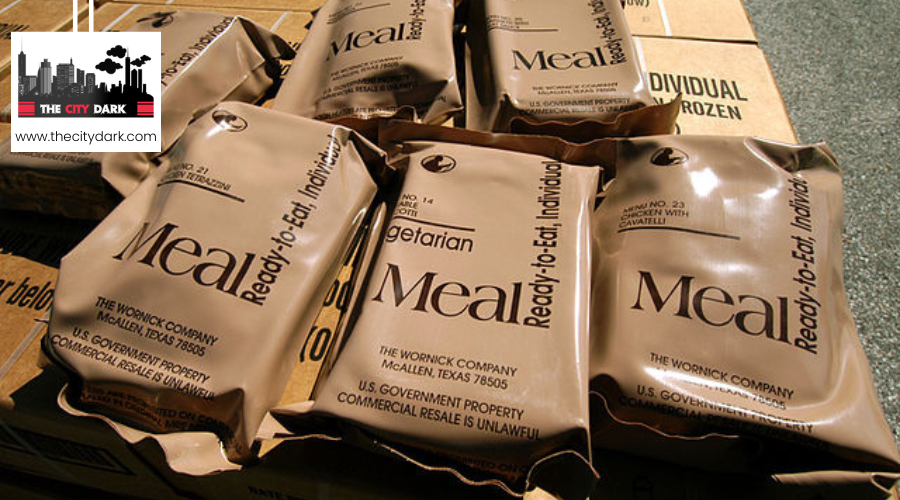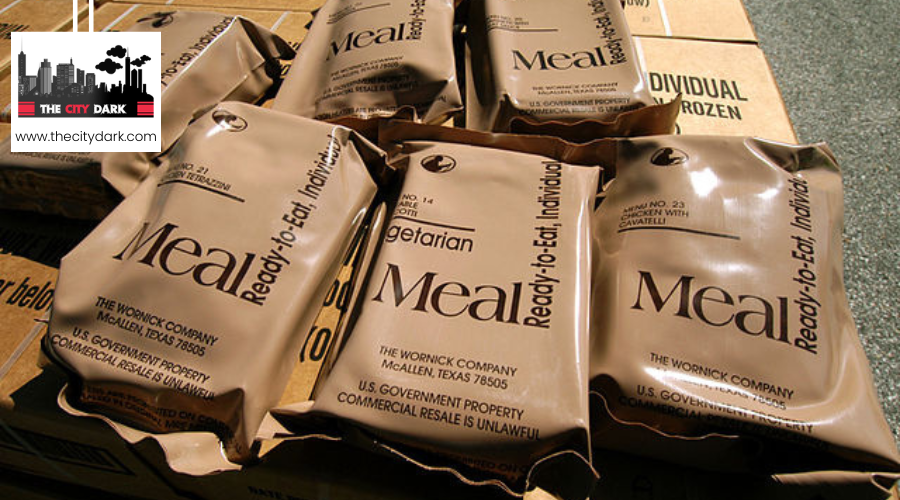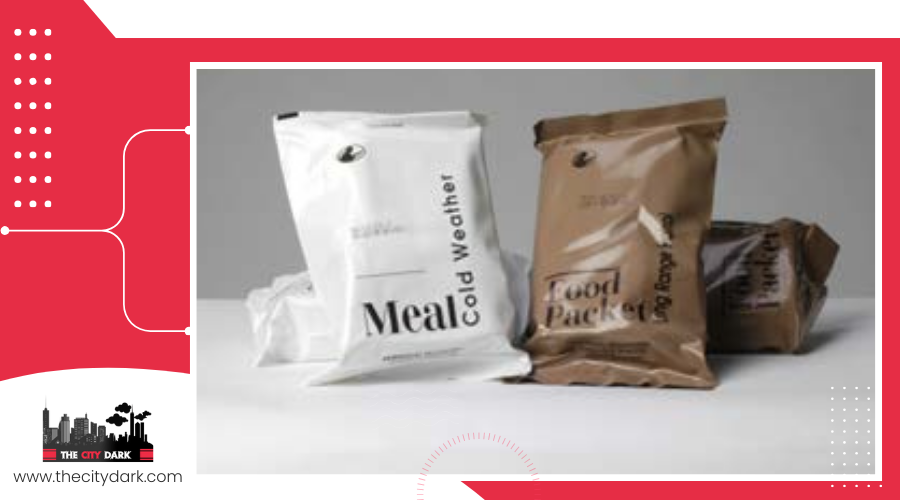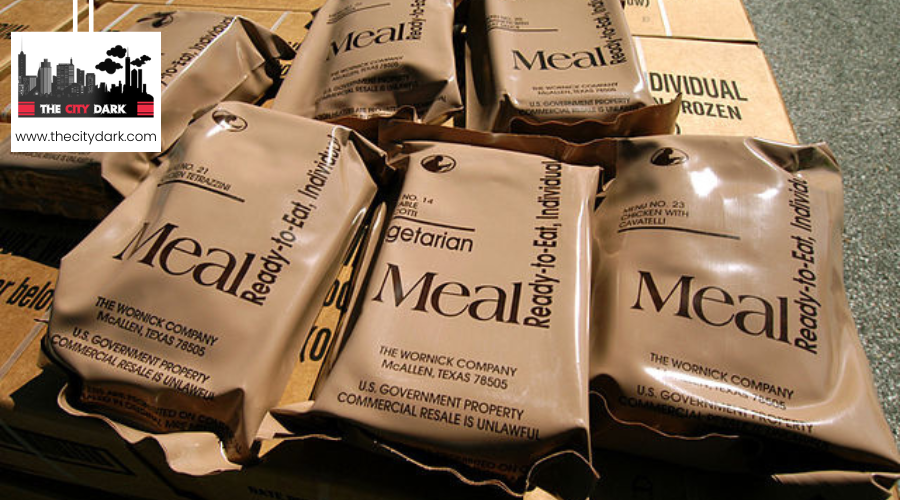What Single Food Can You Survive on the Longest?
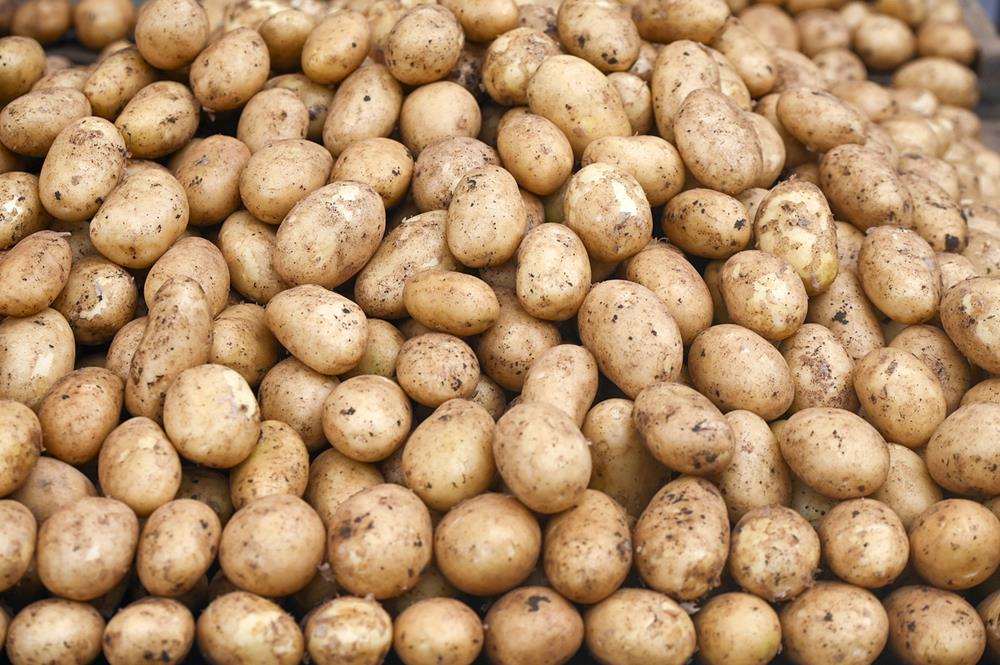
If you had to survive on just one food, what would it be? While a balanced diet is ideal, emergencies, extreme environments, or survival situations might force you to rely on a single food source. But not all foods are created equal—some offer a surprising amount of nutrients, while others leave your body craving essentials.
In this article, we’ll explore which foods come closest to being a one-stop source of nutrition, how long you could live on them, and what science says about the limits of single-food survival.
The Nutritional Profile of Potatoes
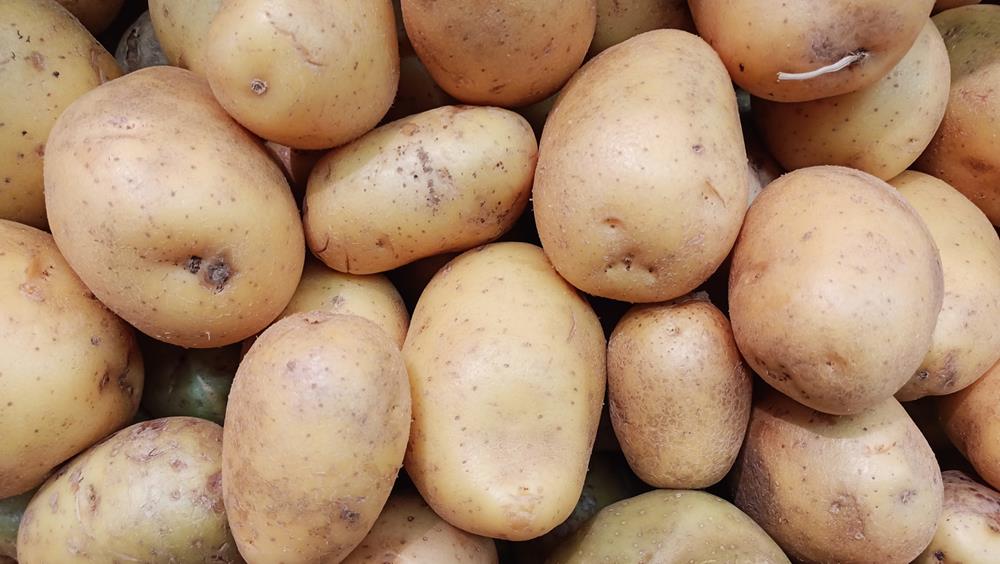
Potatoes are more than just comfort food—they’re a surprisingly nutrient-dense option that provides a solid base for survival. Rich in potassium, fiber, and iron, they help support heart health, digestion, and oxygen transport in the body. They also contain a moderate amount of protein and are naturally low in fat, making them a filling and energy-rich food source.
However, potatoes aren’t a complete food. While they cover a significant portion of your daily needs for nutrients like potassium and vitamin C, they lack key essentials such as calcium, riboflavin (vitamin B2), and zinc. Over time, relying solely on white potatoes can lead to deficiencies in these and other nutrients.
Sweet potatoes offer a nutritional upgrade, with higher levels of vitamins A and E, making them a better single-food alternative. But even then, no single food can fully meet all your long-term nutritional needs.
In survival situations, potatoes can serve as a strong foundation—but to maintain health, dietary variety and access to other nutrient sources are critical to avoiding malnutrition.
The Spud Fit Challenge: A Year on Potatoes
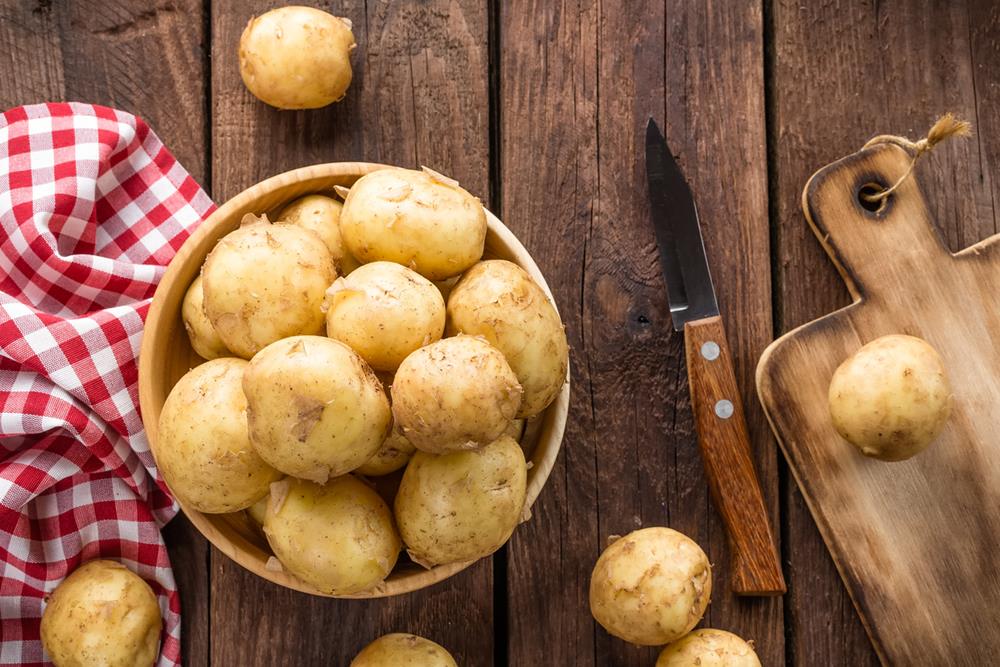
In a bold and unusual experiment, Andrew Taylor committed to eating only potatoes for an entire year—a personal health journey he called the "Spud Fit Challenge." His diet included both white and sweet potatoes, with small additions like soymilk and tomato sauce for variety.
Over the course of 12 months, Taylor lost more than 100 pounds and reported feeling energetic and satisfied. Remarkably, his blood tests remained within normal ranges throughout the challenge.
Potatoes, as it turns out, are more nutritious than many assume. They contain all essential amino acids needed for protein synthesis and offer a good amount of fiber, potassium, and vitamin C. However, they fall short in key nutrients like vitamin B12, calcium, and zinc. To address this, Taylor took B12 supplements during his experiment.
While his short-term results were impressive, health experts caution that a potato-only diet isn’t a sustainable long-term solution. Nutrient deficiencies can develop over time, and a varied diet is still essential for overall health. Taylor's journey highlights both the potential and the limitations of surviving on a single food.
For emergency preparedness, MREs are crucial as they provide a balanced and nutritionally complete meal option, unlike a single-food diet like the Spud Fit Challenge.
Sweet Potatoes as a Complementary Food

Andrew Taylor’s year-long potato diet revealed that while white potatoes offer surprising nutritional value, they also come with gaps. That’s where sweet potatoes step in as a strong complementary food.
Rich in vitamins A and E, sweet potatoes provide nutrients that white potatoes lack. Just one medium sweet potato delivers about 400% of your daily vitamin A needs, supporting eye health, immune function, and skin maintenance.
They’re also high in fiber, which aids digestion and helps regulate blood sugar levels more effectively than white potatoes. Additionally, sweet potatoes are packed with antioxidants that help protect the body against oxidative stress.
Incorporating sweet potatoes into a potato-based diet boosts nutritional variety and helps prevent key vitamin deficiencies—making them a smart and valuable addition to any survival-focused meal plan.
Sweet potatoes can also be a rich source of essential fats, which are an important part of a balanced diet for energy and overall health.
Potential Health Risks of a Potato-Only Diet

Although potatoes are a staple in many diets for their affordability and versatility, relying exclusively on them poses significant health risks. A potato-only diet leads to nutritional deficiencies, particularly in calcium, riboflavin, and zinc, due to a lack of dietary diversity.
Without other foods, you might miss out on crucial nutrients, causing long-term health issues. Furthermore, you risk vitamin C deficiency, which can result in scurvy without supplementation.
Moreover, potatoes can cause blood sugar spikes, straining your insulin system and increasing diabetes and obesity risks. While some individuals, like Andrew Taylor, may experience weight loss from a potato diet, it's not nutritionally adequate or sustainable.
Nutritionists strongly discourage this approach for long-term health.
- Nutritional deficiencies
- Vitamin C deficiency
- Blood sugar spikes
- Lack of dietary diversity
Historical Reliance on Potatoes for Sustenance
Relying solely on potatoes today mightn't be advisable, but historically, they've been a lifeline for many communities.
In the early 1800s, the Irish population heavily depended on potatoes as their single food source, forming the backbone of their diet. This historical reliance highlights the crop's caloric density and adaptability, making it a staple food for numerous cultures.
Despite their benefits, depending on potatoes alone can be risky, as seen during the Irish Great Famine of the 1840s, when potato blight caused widespread starvation. Even today, the average American consumes around 113 pounds of potatoes annually, underscoring their continued significance.
However, while some experiments suggest potatoes provide crucial nutrients, they aren't sufficient for complete, long-term sustenance.
Nutrient Deficiencies in a Single-Food Diet
Eating just one type of food can lead to significant nutrient deficiencies, despite its potential benefits. For instance, relying solely on white potatoes might cause you to miss out on fundamental nutrients like calcium, riboflavin, and zinc.
Even sweet potatoes, though rich in vitamins A and E, can't provide a complete nutritional profile. A varied diet is imperative because a single-food approach often lacks Vitamin C and key fatty acids, which are critical for long-term health.
Andrew Taylor's potato diet experiment showed that even with normal blood tests, nutritional shortcomings were evident.
- White potatoes lack calcium and riboflavin
- Sweet potatoes don’t cover all nutrients
- Vitamin C and fatty acids often missing
- Varied diet guarantees key nutrients and protein
The Role of Variety in a Balanced Diet
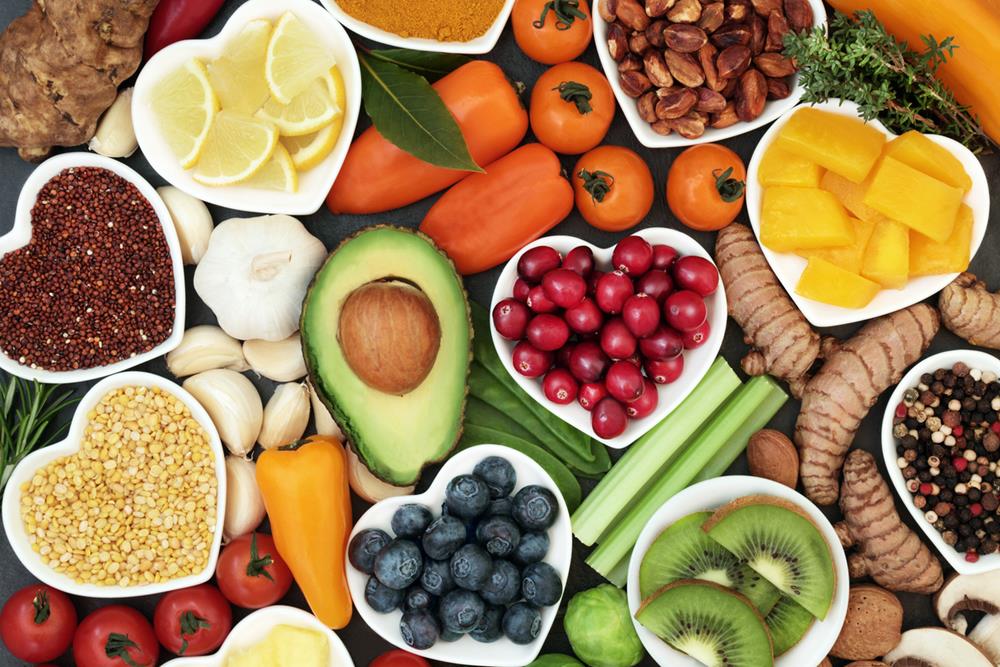
Exploring the impact of a single-food diet highlights why variety is key in maintaining balanced nutrition. You can't rely on a single food to meet all your nutritional needs, as it leads to deficiencies and health risks.
Incorporating a variety of vegetables and other food groups guarantees dietary diversity, providing crucial vitamins, minerals, and macronutrients critical for your well-being. U.S. dietary guidelines emphasize such diversity to prevent malnutrition and promote better health outcomes.
Relying solely on one food, like potatoes, has historically resulted in significant nutritional deficiencies. Additionally, eating the same food repeatedly can lead to sensory-specific satiety, decreasing your enjoyment and appetite, making it even harder to consume enough calories.
Aim for a varied diet to maintain peak health.
Comparing Potatoes to Other Survival Foods
While potatoes provide a solid foundation as a survival food, they can't stand alone regarding complete nutrition. They offer plenty of potassium, fiber, and iron, but lack crucial nutrients like calcium and zinc. You'll need to supplement them with other foods to achieve a balanced diet.
Sweet potatoes, for instance, can help fill some gaps. Although potatoes supply adequate protein and calories, relying solely on them can lead to deficiencies over time.
Consider comparing potatoes with these alternatives:
- Kale: Packed with vitamins C, A, and K1, yet beware of potential thyroid issues.
- Trail Mix: Offers protein and iron but misses certain vitamins like B12.
- Human Breast Milk: Provides complete infant nutrition, unlike potatoes.
- Sweet Potatoes: Complements potatoes with added nutrients.
Incorporating variety is key for a sustainable survival diet.
The Importance of Dietary Diversity for Long-Term Health
Potatoes offer a robust start, but you'll need more than just them for sustained health. Relying solely on a single-food diet, like a potato-only regimen, leads to nutritional deficiencies over time.
No single food can provide the balanced intake of macronutrients and vital vitamins and minerals your body requires. Dietary diversity is fundamental for preventing these deficiencies.
Different foods contribute unique nutrients, supporting comprehensive well-being and protecting against diseases. A varied diet not only guarantees you meet your nutritional needs but also keeps meals interesting, enhancing appetite and caloric intake through sensory-specific satiety.
Adopt a diverse diet to maintain long-term health and avoid the limitations and risks associated with restrictive, single-food diets.

